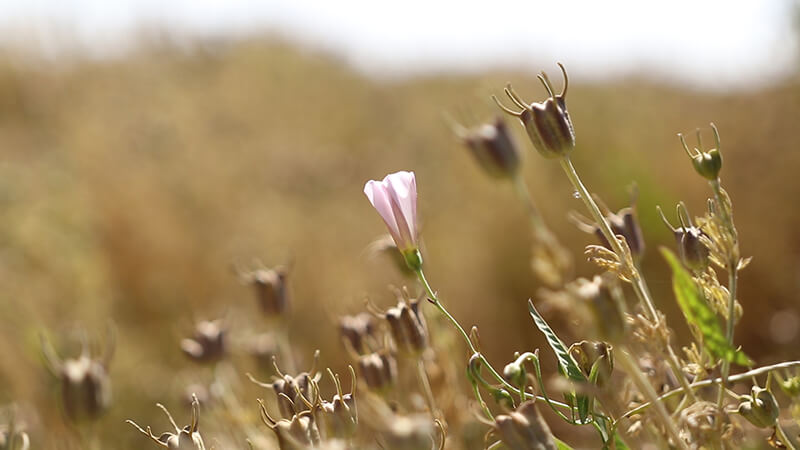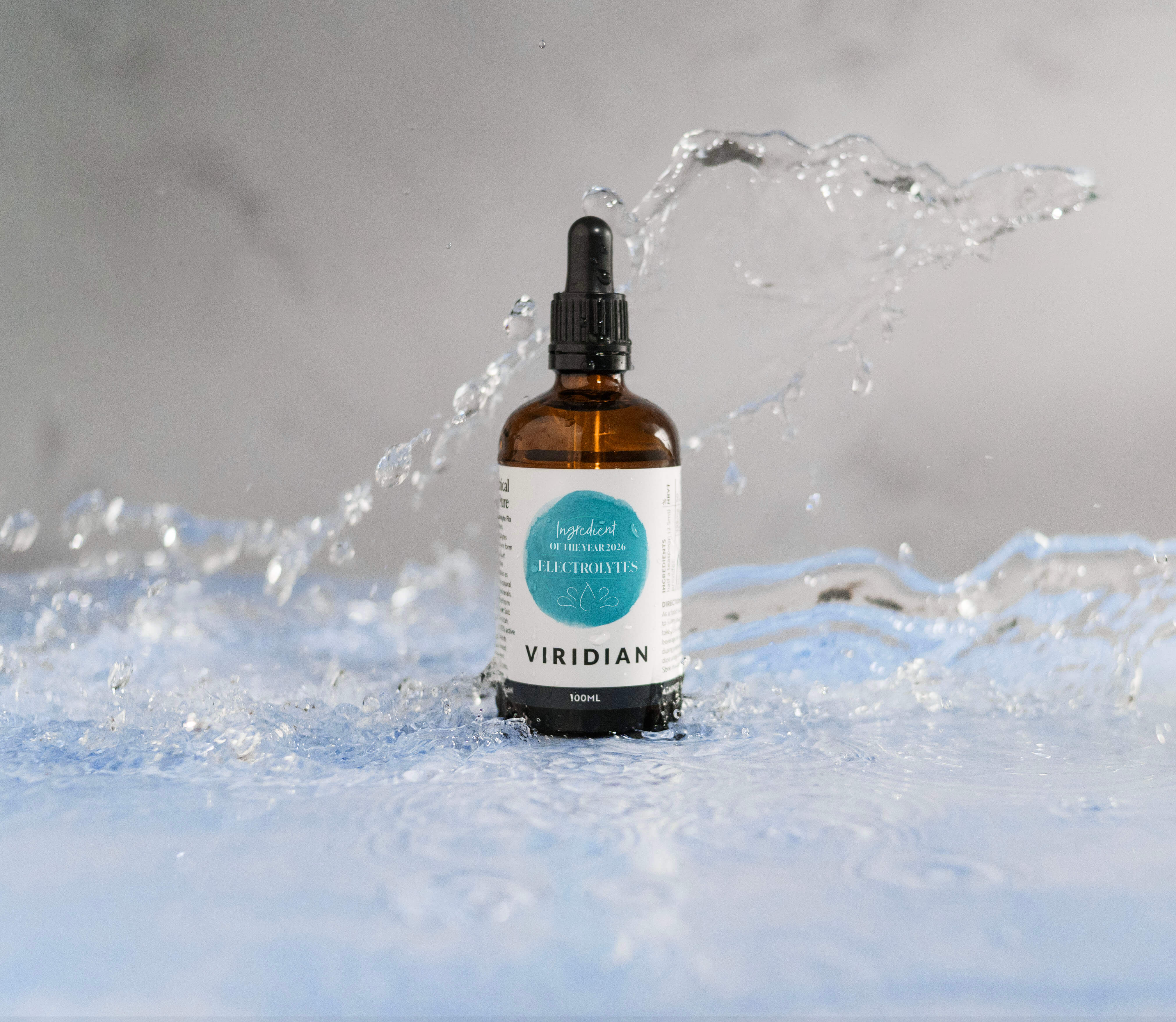Organic Black Seed farmer Taha explains how he grows and harvests the spice in Egypt for ethical vitamin company Viridian Nutrition.
An ancient spice recognised by many for its influence on nutrition and health, Black Seed is a powerful tool that is still used today for its therapeutic potential. But how did the black seed phenomenon begin?
The History:
Due to its prevalent use in ancient Egypt, Black Seed has been labelled as the ‘Secret of the Pharaohs’ – and was even found in Tutankhamen’s tomb! Native to the Mediterranean and Asian regions, Black Seed has been cultivated for over 3,000 years for a multitude of uses.
Harvested from the Nigella sativa plant, Black Seed has been used by the ancient Egyptians to treat ailments such as digestive issues and inflammatory skin conditions such as rashes and bites. Its promising benefits were also noticed in other regions, where ancient Greek physicians recorded that Black Seed was administered to treat headaches, congestion and pain.
Likewise, a Persian physician commended black seed’s utilization for human medicine and noted its potential use as an anti-fungal agent and anti-inflammatory ointment. In Ayurvedic medicine, Black Seed was used to enhance longevity and metabolism.
Following its widespread successes in ancient medicine, Black Seed, or ‘Nature’s Panacea’, remains as a therapeutic remedy to modern-day illnesses.

Nigella sativa plant (Black Seed)
The Science:
An annual flowering plant from the Ranunculaceae family, Nigella sativa grows to around 16-24 inches with a large fruit containing the Black Seeds. Rich in volatile oils, the Black Seed contains an array of active compounds that are responsible for its health benefits.
These include linoleic acid, palmitic acid, monoterpenes, thymol and thymoquinone. Of particular importance, thymoquinone is the most studied compound in black seed. It is suggested by research that thymoquinone may exert anti-oxidative and anti-inflammatory effects to target a range of health applications (1). Thymoquinone content varies depending on a variety of factors, including origin. In research, Egyptian black seeds have been shown to be amongst the most effective (2).
Viridian Nutrition Ingredient of the Year:


After reviewing the extensive research on Black Seed and discovering its historical importance, Viridian Nutrition has recognised black seed as its Ingredient of the Year 2019. With continuous emerging evidence praising its consumption for optimal health and longevity, black seed is anticipated to further influence natural medicine as a powerful panacea.
Author: Salma Dawood is a Technical Advisor at Viridian Nutrition. She holds a BSc honours degree in Human Nutrition.
References:
1) Khader, Mohannad, and Peter M Eckl. “Thymoquinone: an emerging natural drug with a wide range of medical applications.” Iranian journal of basic medical sciences vol. 17,12 (2014): 950-7.
2) Padhye, Subhash et al. “From here to eternity - the secret of Pharaohs: Therapeutic potential of black cumin seeds and beyond.” Cancer therapy vol. 6b (2008): 495-510.
The information contained in this article is not intended to treat, diagnose or replace the advice of a health practitioner. Please consult a qualified health practitioner if you have a pre-existing health condition or are currently taking medication. Food supplements should not be used as a substitute for a varied and balanced diet.







